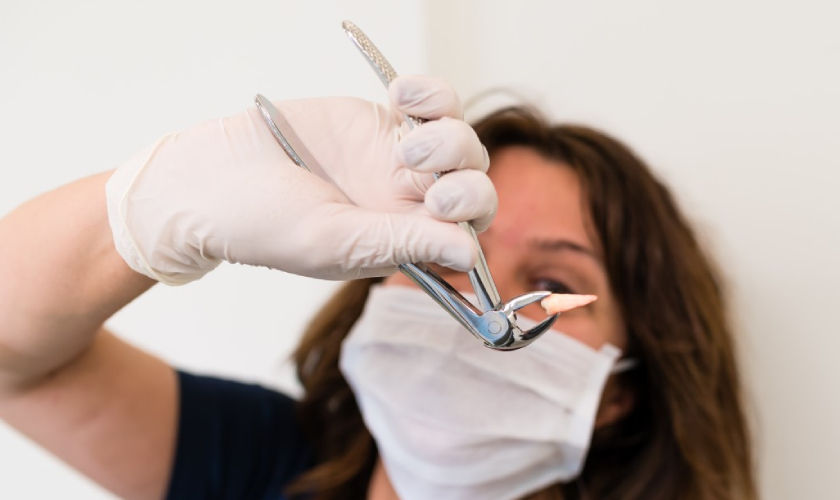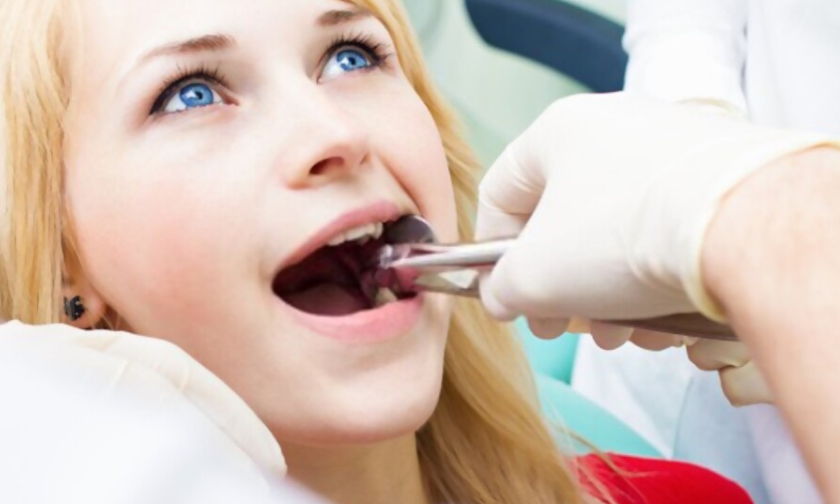Wisdom teeth extraction removes the third set of molars (known as wisdom teeth) and is usually performed between the ages of 17 and 25. Most individuals have at least one impacted wisdom tooth, which means it lacks adequate space to develop normally.
You can prevent them from harming the adjacent teeth and bones by going for wisdom teeth removal. It is important to note that not removing an impacted or infected wisdom tooth on time can be the reason for other severe problems.
In this blog, we will discuss the ways to prepare for wisdom teeth extraction. So, why wait anymore? Go through the sections below to gather information related to this topic.
Ways To Prepare For Wisdom Teeth Extraction
- Discuss any worries you may have with your dentist before the process. They can advise you on what to do in the days leading up to surgery and how to prepare for recovery. Additionally, they can discuss the sort of anesthesia that will be used and how you’ll feel following the procedure.
- The degree of impaction and the number of teeth being removed will affect the cost of removing the wisdom teeth. Check with your dentist to find out the benefits offered by your insurance provider.
- Buying some soft or liquid-based food items that are simple to eat after surgery will help you prepare for recovery. Smoothies, applesauce, oats, yogurt, and other simple meals may feel easy to eat.
- Wear comfortable and loose clothing for the treatment procedure. You can also wear a shirt with short sleeves or one that allows you to easily roll the sleeves up in case you receive an intravenous anesthetic.
- Be careful to follow your dentist’s instructions when it comes to drinking or eating before the wisdom teeth removal. The instructions might vary based on the type of sedative used. You won’t be allowed to eat or drink anything after midnight the night before the surgery if you receive an intravenous anesthetic to ensure your stomach is empty.
- Bring your dental insurance card as well as any required documents. Your dentist will advise you to arrange for someone to drive you home as you’ll be sleepy after anesthesia once the procedure is completed.
What To Do After Wisdom Teeth Extraction?
- The nitrous oxide gas or IV drip will be stopped once the treatment is over, and you’ll be brought slowly out of sedation.
- The dentist will give you gauze to bite down on to help the blood clot in the area. You might have moderate post-operative anesthetic side effects like nausea, dizziness, and shivering right away.
- You’ll be sent to a recovery room, where you’ll be kept under observation. An “all-clear’ will be given by the dental professional to return home if he/she feels that you are stable and breathing correctly. You might have to stay in the recovery room for less than an hour.
- You’ll feel drowsy and swollen after surgery. Even if you do not experience much pain right away, it will likely get worse as the local anesthetic wears off in the hours following surgery.
Contact Berwyn Dental Connection if you are looking for effective and safe teeth extraction treatment in Berwyn, IL. Our team of dentists and other dental professionals make sure to provide customized treatment plans that perfectly suit a patient’s requirements. Give us a call today!


